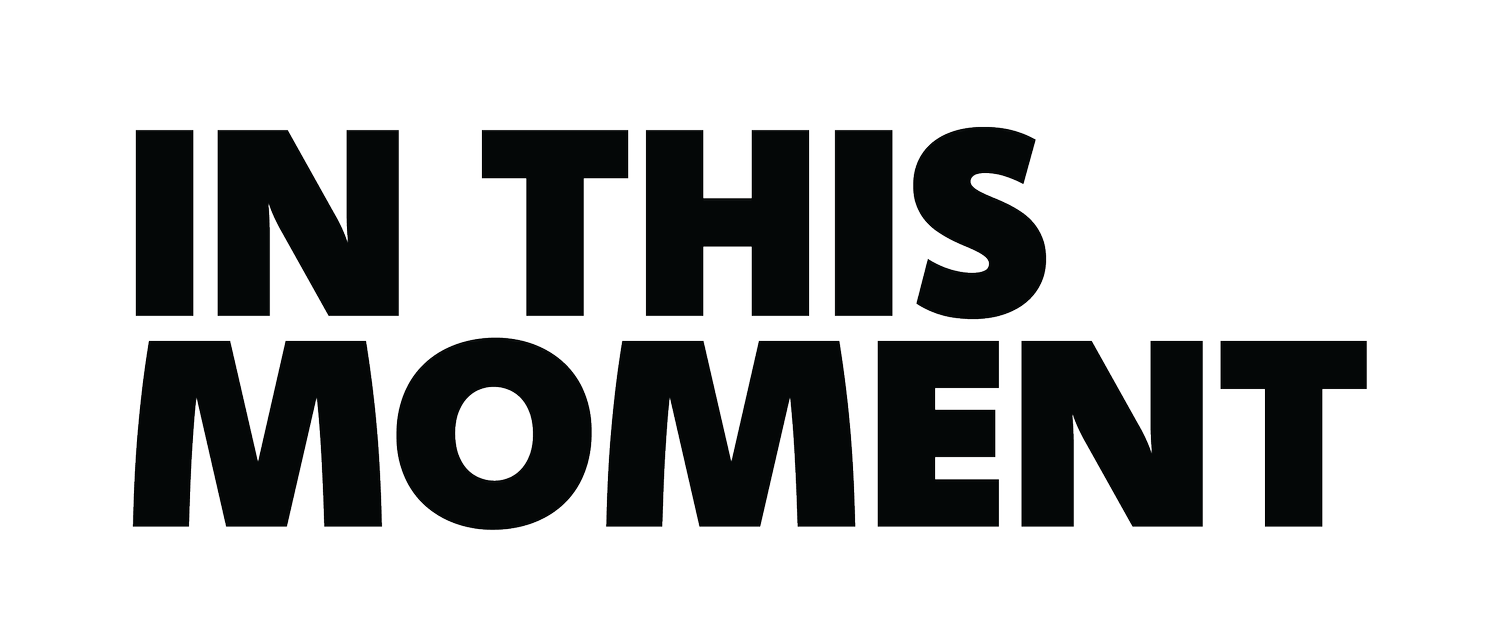CHAPBOOK ARCHIVE
Volume 3: Chapbook 2
Dr. Walter Cooper
Featured Leader: Dr. Walter Cooper
DR. WALTER COOPER [1928- ], scientist, humanitarian, activist, and educator, was born on July 18, 1928 in Clairton, Pennsylvania to Alonzo and Luda Cooper. Though his parents had received little formal schooling, they instilled in their eight children a deep appreciation for learning and education. Dr. Cooper performed well in school, shining in both academics and extracurricular activities. He became involved in the racial equality movement as a high school student when he and three of his fellow star football players succeeded in opening Clairton High School’s application considerations for African American female cheerleaders. He was also focused on equality when applying to colleges—he insisted upon one which welcomed his full participation to the football team while also offering an academic scholarship. He attended Washington and Jefferson College where he served as his class secretary/treasurer and continued to work toward equal opportunities. During the summer, Dr. Cooper led a group of eight fellow students to press U.S. Steel for employment and successfully obtained jobs. However, after graduation, despite his stellar record, Dr. Cooper struggled to find a company which would hire an African-American scientist. Although frustrated, Dr. Cooper did not abandon his goals: “I became a scientist because I did not see any black scientists. I looked around and I saw black doctors, black lawyers, but no black scientists. I chose that as a challenge.”
Deciding to pursue a higher degree, Dr. Cooper attended Howard University briefly and then went on to earn his Ph. D in Physical Chemistry at the University of Rochester 1956. Almost immediately upon completion, he began working at the Eastman Kodak Company as a research scientist in successively higher professional appointments until his retirement in 1986 with three patents and many research publications to his credit. He is a member of several professional societies: the American Chemical Society, Sigma Xi, the American Association for the Advancement of Science, the New York State Academy of Science, and the American Physical Society. He has received honors and awards for his scientific achievements, including: National Science Foundation Fellow in 1955-56, Washington and Jefferson Honorary Doctor of Sciences 1967, Henry Hill Lecturer in 1983, and the Leo H East 1996 Engineer of the Year.
Simultaneous with his Kodak years, Dr. Cooper also increased his involvement in community development and civil rights issues, with emphasis on educational opportunities and motivation. There was a great deal of social turmoil present in Rochester, as shown by the 1964 Rochester Race Riots, and Dr. Cooper worked extensively to bring about peaceful change. To this end, Dr. Cooper served the National Association for the Advancement of Colored People (NAACP) as the Rochester branch president and co-founded the Rochester Branch of the Urban League in 1965, continuing to serve on the Board of Directors into the 1970s. He was also a board member of the Baden Street Settlement, a non-profit organization working with northeast Rochester residents to improve the quality of life. The Baden Street Settlement was integral in bringing reform after the riots, and through it he worked to promote the candidacy and eventual election of Constance Mitchell as Third Ward supervisor.
source: University of Rochester Rare Books and Special collections
Photographer: Adam Eaton
Adam Eaton is an Art Director born and raised in Rochester NY. Adam uses photography as a medium to explore the beauty of Black people in Rochester and examines how art and culture shape our definitions and perceptions of beauty, celebrating diversity and the human spirit. His commitment to art and the Rochester community has led him to create Rochester Artist Collaborative, an arts organization providing local artists with the resources and opportunities needed to succeed.
“Rochester is Filled with Beauty.” - Adam Eaton
Essayist: Robert J. Vickers
Robert J. Vickers is a journalist, educator, and thought partner. For the past 35 years, Robert has been a reporter, columnist, and editor with major daily newspapers including The Atlanta Journal-Constitution, The Cleveland Plain Dealer, The Seattle Times, The (Harrisburg, PA) Patriot-News, and The Daytona Beach (FL) News-Journal. He has appeared on NPR and CNN, has been a professor at Syracuse University's S.I. Newhouse School Of Public Communications, and also served as a speechwriter and PR director for the presidents of the University of Rochester, Carnegie Mellon and Central State universities. Robert is a longstanding member of the National Association of Black Journalists, for which he served on the board of directors. He earned his BA in journalism from Howard University and his MA in international relations
from Syracuse University.

